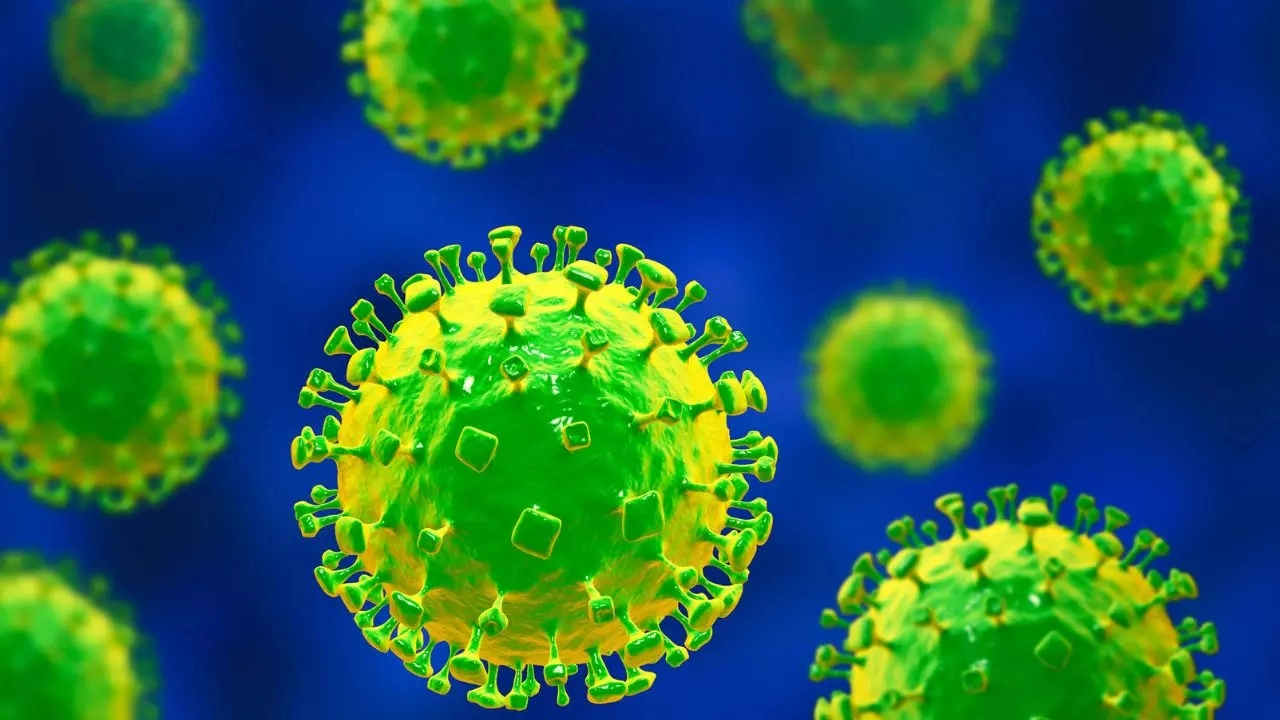Debosmita Ghosh • 21 Jul 2024
Nipah Virus Kerela: Symptoms, Causes, Transmission And More As 14-Year-Old Tests Positive

Know The Symptoms, Causes, Transmission And More Of Nipah Virus
A 14-year-old boy from Malappuram district in Kerala has tested positive for Nipah virus, confirmed the Kerala government on Saturday. The Health Minister of the state, Veena George said the National Institute of Virology in Pune has confirmed the infection in the boy. The 14-year-old is on a ventilator at a private hospital.
According to PTI, George said, “He will be shifted to the government medical college at Kozhikode. The contact tracing has begun. High-risk contacts have already been isolated, and their samples have been sent for testing.”
George said that the epicentre was Pandikkad in the district and that precautionary measures had already been initiated. She urged people in the Pandikkad locality and the nearby hospitals to wear masks in public spaces and avoid visiting patients in hospitals. George added, “A three-km radius from the epicentre at Pandikkad will be strictly observed and restrictions will be imposed.”
According to the World Health Organisation (WHO), Nipah virus (NiV) is a zoonotic virus (it is transmitted from animals to humans) and can also be transmitted through contaminated food or directly between people. In infected people, it causes a range of illnesses from asymptomatic (subclinical) infection to acute respiratory illness and fatal encephalitis.
Symptoms of Nipah Virus
Here, take a look at some of the common symptoms of Nipah virus.
- Fever
- Headaches
- Myalgia
- Vomiting
- Sore throat
- Dizziness
- Drowsiness
- Altered consciousness
- Acute encephalitis.
In severe cases, encephalitis and seizures can occur leading to coma within 24 to 48 hours.
Causes and Transmission of Nipah Virus
The first case of Nipah virus in humans was reported when people were in contact with infected pigs and began getting very sick. However, researchers then found that bats were the original source and they passed the virus to pigs.
Cleveland Clinic says, “If an infected bat or pig spreads its bodily fluid to another animal, they infect that animal. The same happens if people are in contact with the bodily fluid of the animal. This could be from pee, poop, blood or saliva. Once a person has the virus, they can spread it to other people through their own bodily fluids.”
The virus can also be transmitted when food products are contaminated by fluids of infected animals. This includes fruit and raw date palm sap.
Preventive Measures for Nipah Virus
- Avoid consuming fruits or fruit products that could be contaminated by bats, as they are known carriers of the Nipah virus.
- Regular handwashing with soap and water, especially after contact with infected animals or humans, to reduce the risk of transmission.
- Health workers and those in close contact with infected individuals should use personal protective equipment (PPE) such as gloves, masks, and gowns.
- Isolating patients with suspected or confirmed Nipah virus infection to prevent the spread of the virus.
- Avoid direct contact with sick animals, especially pigs and bats, and use of proper protective measures for those who work with animals.